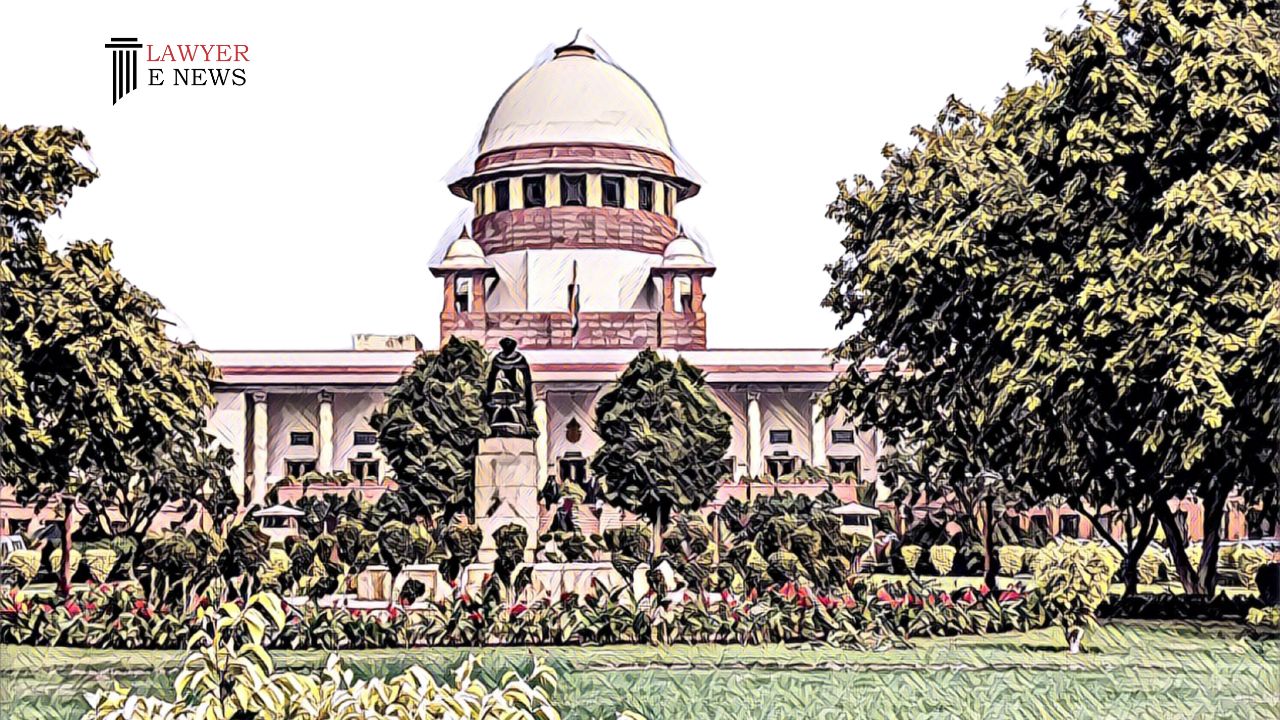-
by sayum
14 February 2026 2:22 PM



The Supreme Court of India, in a significant ruling has quashed the charges framed under Section 3(2)(v) of the SC/ST (Prevention of Atrocities) Act against Shashikant Sharma & Ors. In their appeal against the State of Uttar Pradesh & Anr. This decision is pivotal in the context of how charges under the SC/ST Act are to be framed and assessed.
Justices Pamidighantam Sri Narasimha and Sandeep Mehta, presiding over the case, emphasized a crucial legal standard in their judgment: “There must be an allegation that the accused, not being a member of Scheduled Caste or Scheduled Tribe, committed an offence under the IPC punishable for a term of 10 years or more against a member of the Scheduled Caste or Scheduled Tribe knowing that such person belongs to such ‘community’.”
The appeal challenged the decision of the High Court of Judicature at Allahabad and the Special Judge under SC/ST(PoA) Act in Hathras, which had upheld the charges under both the Indian Penal Code (IPC) and the SC/ST Act. The appellants argued against the validity of the charges, particularly under the SC/ST Act.
The Supreme Court, in its analysis, found that the allegations did not sufficiently indicate that the offences were committed with the specific knowledge that the victim was a member of a Scheduled Caste or Scheduled Tribe. The Court’s ruling underscores the importance of meeting every legal requirement for framing a charge under the SC/ST Act.
The judgment maintains that the trial for other IPC offences will proceed in the relevant Court of Sessions. This landmark ruling brings into focus the necessity of precise and legally sound allegations to uphold charges under specialized laws like the SC/ST Act, setting a precedent for future cases.
Date of Decision: 1st December 2023
SHASHIKANT SHARMA & ORS. VS STATE OF UTTAR PRADESH & ANR.
